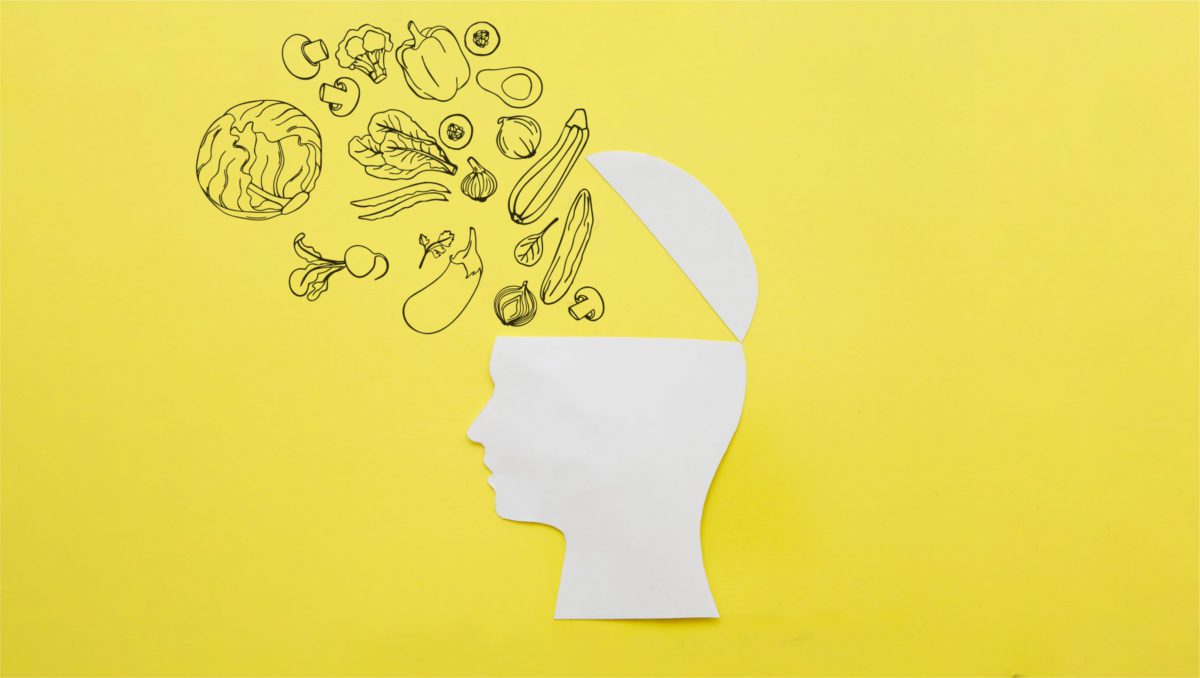Scrolling on social media and scanning the web for health and wellness tidbits is enlightening. In the advent of the internet, we are offered a wide variety of advice on how to eat, live and practice healthy lifestyles. We see both traditional and new-age ways of keeping yourself healthy and fit; so much so that we can be immensely overcome with knowledge.
This experience is akin to a chef that has mastered one cuisine for the entirety of their life, only to find out that they need to master a new cuisine yet again, only with ingredients that are foreign to them. We understand this, which is why at Rocket Station, we want to help you keep things simple by bringing you back to the basics of nutrition. Because while there will always be new and exciting ways to keep our health on track, at the end of the day it boils down to the nutrients you put in your body.
Omega-3 fatty acids
Where to find them: Fish (salmon), flax seeds, krill, chia, kiwi fruit, butternuts, walnuts
Omega-3 fatty acids have been studied to prevent the cognitive decay of the brain in mice. This has also proven to help stabilize mood and has worked in faster healing of rain injuries studied in rodents.
Curcumin
Where to find them: Turmeric (curry spice)
Turmeric has a lot of beneficial effects for the body. On a cognitive level, it protects the brain from cognitive decay and aids in overall prevention of Alzheimer’s, heart disease and cancer. It is a potent antioxidant and anti-inflammatory.
Flavonoids
Where to find them: Cocoa, green tea, Ginkgo tree, citrus fruits, wine (higher in red wine), dark chocolate
The famous dark chocolate and their siblings that carry flavonoids have a particularly good effect on boosting brain performance especially when coupled with exercise. They are powerful antioxidants that help remove the body of free radicals that can cause oxidative stress in the body.
B Vitamins
Where to find them: Various natural sources.
It has been proven that supplementation with vitamin B6, vitamin B12 or folate has positive effects on memory performance in women of various ages. The Vitamin B also helps in the repair of brain injury and the further improvement of cognitive functions, nerve health, energy levels, eyesight, and healthy appetite to name a few.
Vitamin D
Where to find them: Fish liver, fatty fish, mushrooms, fortified products, milk, soy milk, cereal grains
Vitamin D has been proven to be extremely important in preserving the mind of the elderly. Vitamin D also helps regulate the amount of calcium and phosphate in the body, leading to better bones, teeth and muscles.
Vitamin E
Where to find them: Asparagus, avocado, nuts, peanuts, olives, red palm oil, seeds, spinach, vegetable oils, wheatgerm
Vitamin E is proven to help the brain function clearly and effectively. It also the key in maintaining healthy immunity, healthy skin, and eyes.
Choline
Where to find them: Egg yolks, soy beef, chicken, veal, turkey liver, lettuce
In relation to the brain, dietary choline helps in prevention of seizures. It is also particularly important in improving one’s memory and cognition. It is also an essential nutrient for brain development.
Combination of vitamins (C, E, carotene)
Where to find them: Vitamin C: citrus fruits, several plants and vegetables, calf, and beef liver. Vitamin E: see above.
Vitamin C and Vitamin E are well known antioxidants that span even beyond the brain. Vitamin C alone helps boost one’s immunity, aids in managing heart failure and liver disease, reduces uric disease and protects your memory as you age.
Calcium, zinc, selenium
Where to find them: Calcium: milk, coral. Zinc: oysters, a small amount in beans, nuts, almonds, whole grains, sunflower seeds. Selenium: nuts, cereals, meat, fish, eggs
Calcium, Zinc and Selenium have various effects on cognitive function. It was studied that lifetime low selenium level is associated with lower cognitive functions in humans. In relation to the brain as well, higher calcium and zinc can reduce cognitive decline especially in elderly humans.
Copper
Where to find them: Oysters, beef/lamb liver, Brazil nuts, blackstrap molasses, cocoa, black pepper
Copper helps maintain healthy bones, blood vessels, nerves, and immune function, and it contributes to iron absorption. At a cognitive level, it was proven that patients with Alzheimer’s disease also lacked copper in their blood.
Iron
Where to find them: Red meat, fish, poultry, lentils, beans
Iron has been known to stabilize healthy cognitive function in women. The reason being is that iron aids in carrying carbon dioxide back to the lungs to be exhaled out of the body, thus enabling the brain to function better with healthier oxygen levels.
At Rocket Station, we place value in the health and wellness of each teammate and seek to empower them to lead a healthy lifestyle. This April, join our community by signing up in our newsletter to read more interesting articles about health and wellness and how it can help you at work.
RELATED STORIES
SHARE
POST A COMMENT


rs_ph_website
April 26, 2021
2:24 am
0 comments